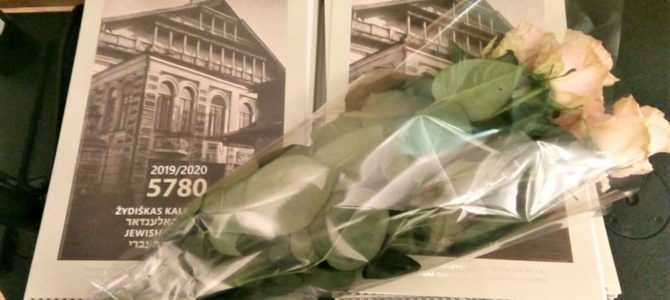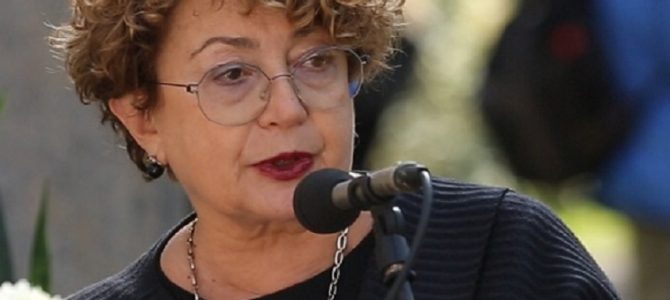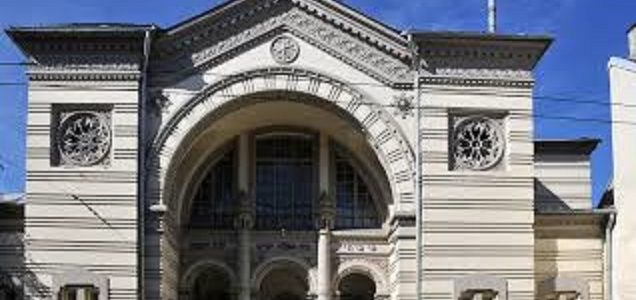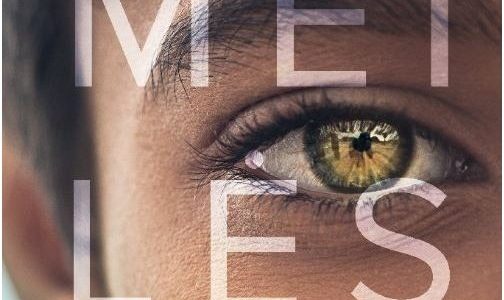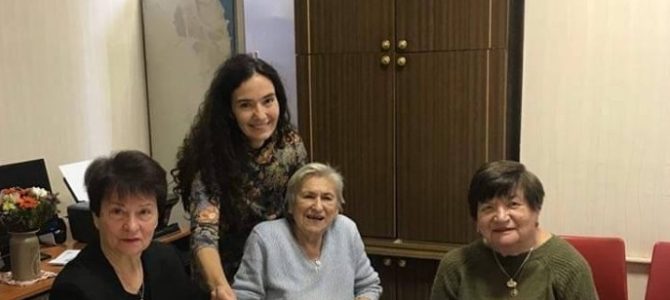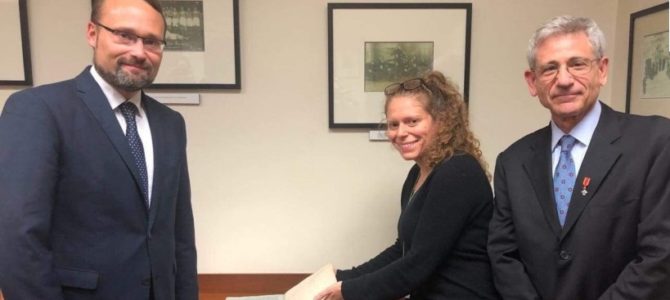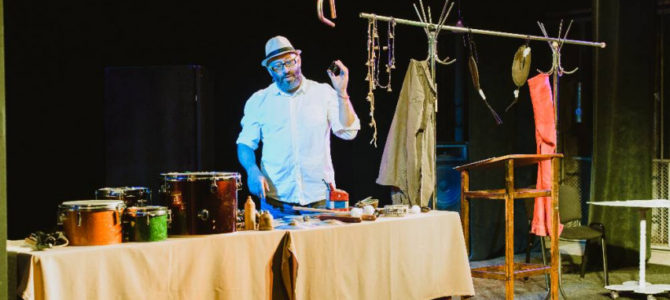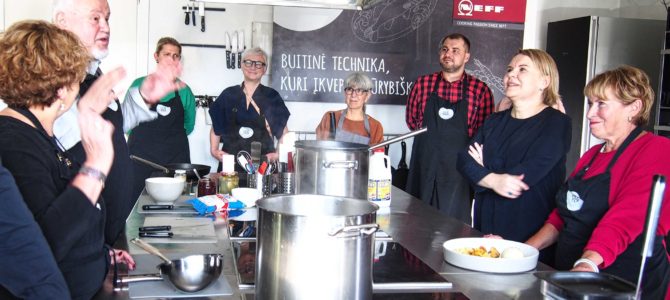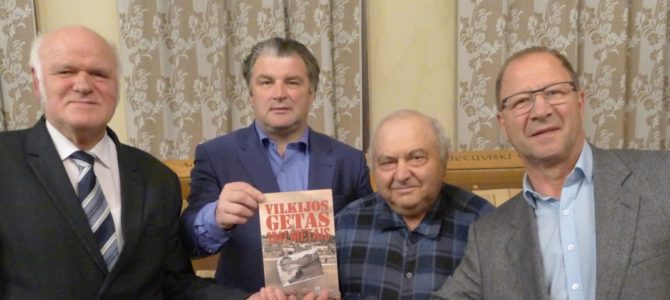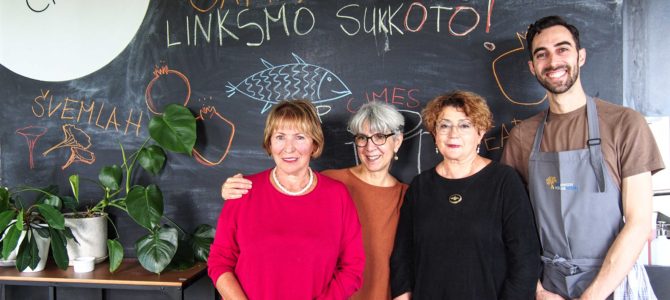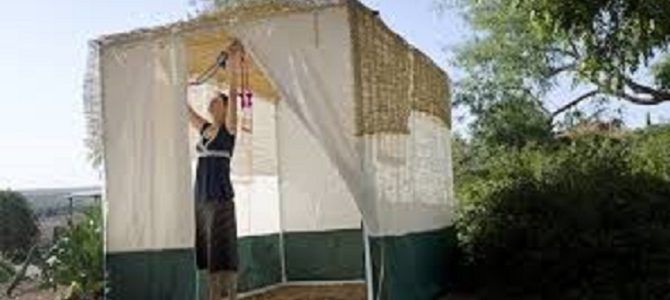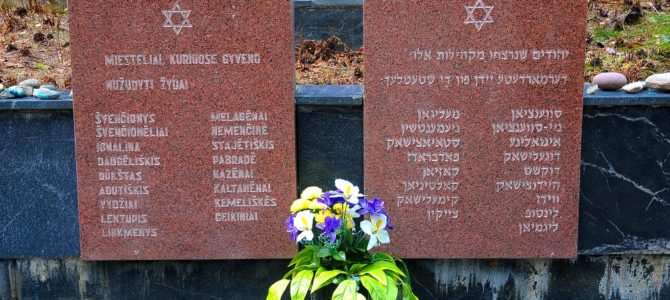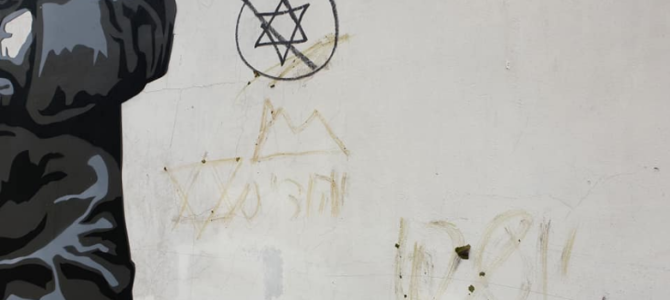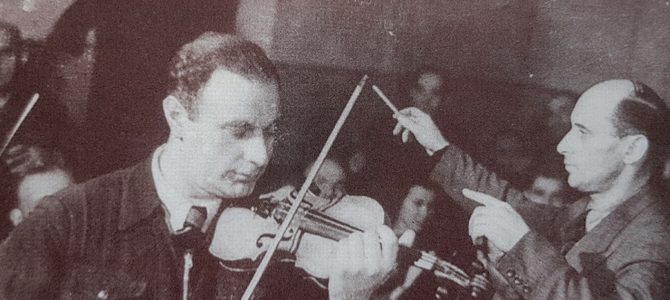by Arkadijus Vinokuras
That was what U.S. congressman Brad Sherman told Lithuanian prime minister Saulius Skvernelis in his letter. He asked the prime minister to provide evidence demonstrating Juozas Ambrazevičius-Brazaitis, the head of the Lithuanian Provisional Government in 1941, was rehabilitated and acquitted by the U.S. Congress and the U.S. Immigration and Naturalization Service in 1974. Because this is something the Lithuanian Genocide Center has been claiming for about 10 years now. The congressman said this belief is baseless and contradicts U.S. law.
Sherman in the letter says without any doubt the Genocide Center’s findings on the exoneration and rehabilitation of the former LPG leader has no legal foundation at all. He says an investigation in 1974 was dropped because the man died and there was a lack of documents on Ambrazevičius-Brazaitis’s activities in Holocaust crimes. He said the U.S. Justice Department created a new section in 1979 which with the appearance of new information went on to investigate 60 Nazi criminals who had immigrated to the United States.
Why weren’t documents found? First, in 1944 Juozas Ambrazevičius changed his name to Juozas Brazaitis. In other words, he hid the fact of his change of surname from the U.S. immigration service. Second, the U.S. had a policy after the war of granting immunity to alleged war criminals who had information of use to the Central Intelligence Agency. Third, the section created by the Justice Department in 1979 had a staff of just three people who had no training or experience in investigating Holocaust crimes. Fourth, the Lithuanian archives only opened their doors after the fall of the Soviet empire.






